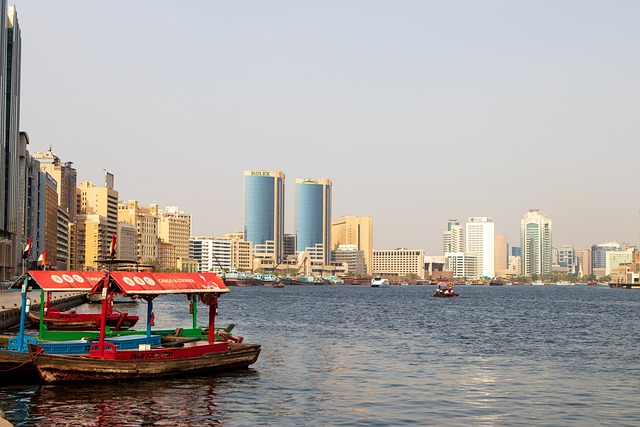The Hatta Dubai Tour exemplifies eco-tourism's potential to drive conservation and sustainable development in nature reserves. By engaging visitors with fragile ecosystems, this tour raises environmental awareness, funds critical management initiatives, and fosters stewardship. Through responsible tourism practices, it balances economic benefits with conservation goals, preserving diverse landscapes and biodiversity. Choosing reputable operators committed to sustainability ensures a meaningful eco-tourism experience that supports local communities and protects delicate ecosystems.
“Discovering eco-tourism’s potential through the lens of Hatta, Dubai—a nature reserve transforming into a global model. This article explores how conservation tours contribute to environmental stewardship and local communities’ empowerment. From understanding the core principles of eco-tourism to its impact on fragile ecosystems, we delve into the rise of this sustainable travel trend globally. Read on for an immersive guide to planning your responsible hatta Dubai tour and exploring nature’s wonders responsibly.”
- Understanding Eco-Tourism and its Impact on Nature Reserves
- The Rise of Conservation Tours: A Global Perspective
- Exploring Dubai's Green Initiatives: Hatta as a Model Case Study
- What Makes Hatta, Dubai an Ideal Destination for Eco-Tourism?
- Activities and Attractions: Immersing in Nature at Hatta Reserve
- Benefits of Eco-Tourism for Local Communities and Wildlife Conservation
- Challenges and Considerations for Sustainable Tourism in Nature Reserves
- Planning Your Eco-Adventure: Tips for Booking a Responsible Hatta, Dubai Tour
Understanding Eco-Tourism and its Impact on Nature Reserves
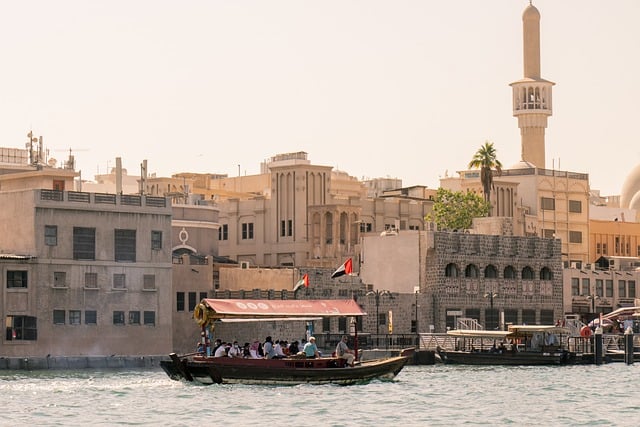
Eco-tourism, a responsible and sustainable travel approach, focuses on exploring natural areas while contributing to their conservation. When implemented correctly, it becomes a powerful tool for protecting vulnerable ecosystems like those found in nature reserves, including Hatta Dubai Tour destinations. By encouraging visitors to engage with these habitats, eco-tours raise awareness about the environment’s fragility and the importance of conservation efforts.
One of the key impacts is financial support for reserve management. Eco-tourism initiatives often generate revenue through visitor fees, which can be reinvested in conservation projects. This funding enables improved infrastructure, scientific research, and protection measures. Additionally, it fosters a sense of stewardship among visitors, promoting respect for nature and encouraging long-term commitment to preserving these pristine areas.
The Rise of Conservation Tours: A Global Perspective
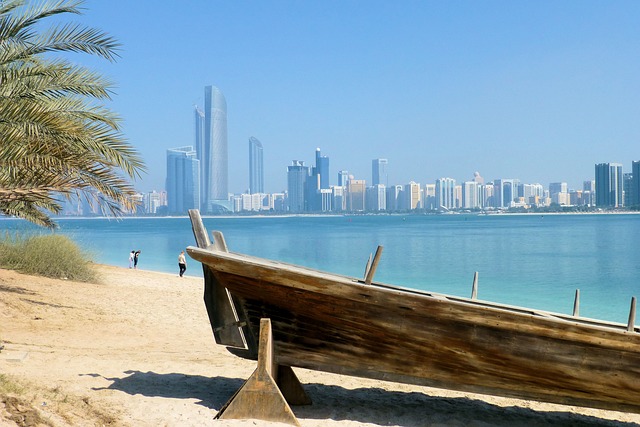
In recent years, conservation tours have emerged as a significant aspect of eco-tourism worldwide, gaining immense popularity among nature enthusiasts and travelers seeking meaningful experiences. This global trend is particularly notable in regions like Hatta, Dubai, where natural reserves and conservation initiatives are becoming prime destinations for tourists eager to contribute positively to environmental preservation. The concept aligns perfectly with the eco-tourism model, offering visitors an opportunity to explore untouched ecosystems while supporting local conservation efforts.
The rise of conservation tours reflects a growing awareness of the importance of preserving our planet’s biodiversity. With many nature reserves worldwide facing various threats, these tours play a crucial role in funding and promoting sustainable practices. A Hatta, Dubai tour, for instance, can showcase diverse landscapes, from lush forests to fragile desert ecosystems, all while educating travelers about conservation strategies and the significance of protecting these precious habitats.
Exploring Dubai's Green Initiatives: Hatta as a Model Case Study
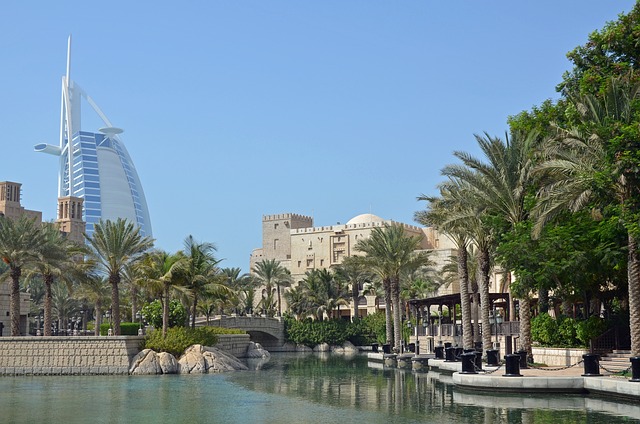
Dubai, known for its towering skyscrapers and bustling metropolis, has also emerged as a trailblazer in sustainable development. Among its various green initiatives, the region’s nature reserves and conservation tours stand out as models for eco-tourism. Hatta, a picturesque mountain region located in the heart of Dubai, serves as an excellent case study. This once remote area has been transformed into a thriving ecological haven, attracting visitors seeking both adventure and environmental stewardship.
A hatta dubai tour offers more than just breathtaking landscapes; it educates and inspires. Conservation efforts here focus on preserving the region’s unique flora and fauna, ensuring that future generations can enjoy its natural beauty. From hiking trails that wind through lush forests to wildlife sanctuaries teeming with indigenous species, Hatta provides a refreshing contrast to the urban landscape. These initiatives not only promote biodiversity but also foster a deeper connection between visitors and the environment, making it a prime example of successful eco-tourism practices.
What Makes Hatta, Dubai an Ideal Destination for Eco-Tourism?
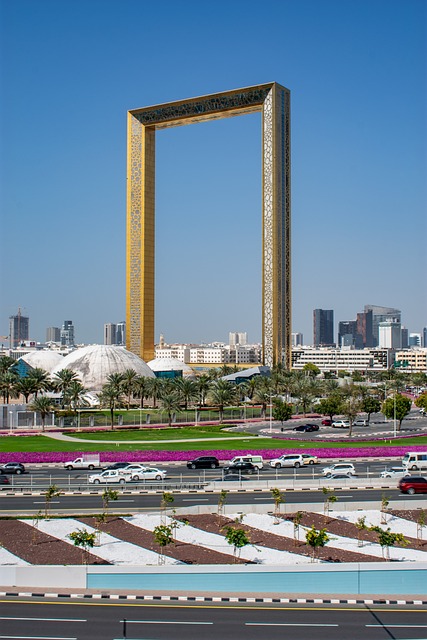
Hatta, Dubai, is a nature lover’s paradise and an ideal destination for eco-tourism enthusiasts. This quaint mountainous region offers breathtaking landscapes that contrast starkly with the bustling metropolis of Dubai. With its lush green valleys, majestic peaks, and pristine wilderness, Hatta provides a unique opportunity to connect with nature.
A Hatta Dubai tour allows visitors to explore diverse ecosystems, from dense forests to rugged mountains, while also experiencing local cultural heritage. The area is home to an abundance of flora and fauna, making it a haven for birdwatchers and nature photographers. Moreover, the conservation efforts in Hatta ensure that these natural wonders remain protected for future generations, making it a responsible choice for eco-conscious travelers.
Activities and Attractions: Immersing in Nature at Hatta Reserve
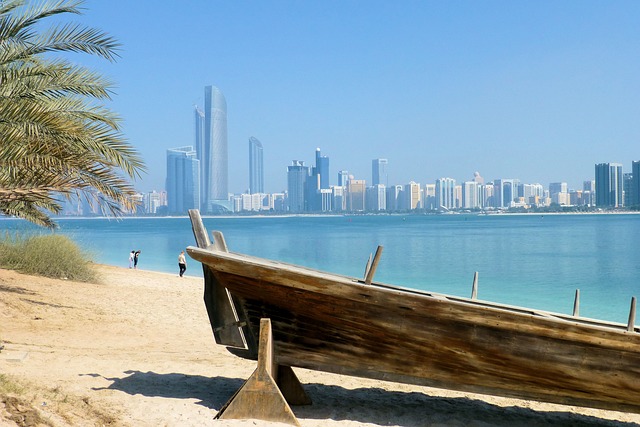
At the Hatta Reserve, visitors can expect a myriad of engaging activities that immerse them in the beauty and tranquility of nature. A popular attraction is the guided conservation tours, where knowledgeable rangers share insights into the unique ecosystem while leading hikers through lush landscapes. These tours often include stops at various lookouts, providing opportunities for birdwatching and wildlife photography.
For adventure seekers, the reserve offers hiking trails that cater to different skill levels, allowing visitors to explore hidden valleys, ancient rock formations, and picturesque waterfalls. Some hatta dubai tour packages even incorporate activities like mountain biking or 4×4 drives for a thrilling off-road experience amidst the natural wonders of the area.
Benefits of Eco-Tourism for Local Communities and Wildlife Conservation
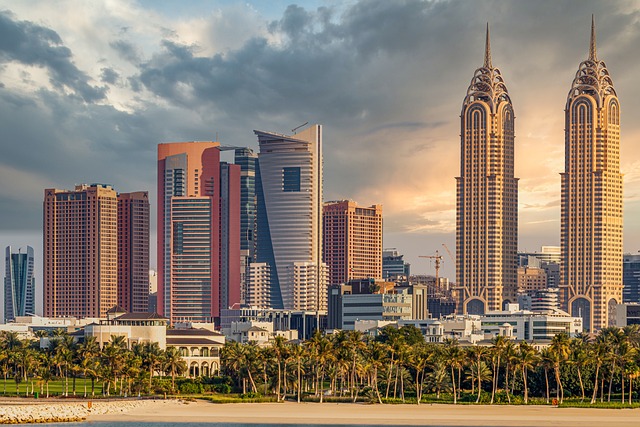
Eco-tourism plays a pivotal role in fostering sustainable development and protecting natural habitats, especially in delicate ecosystems like those found in nature reserves. In the case of Hatta Dubai Tour, visitors have the unique opportunity to experience breathtaking landscapes while contributing positively to local communities and wildlife conservation. By engaging in eco-tourism activities, travelers directly support conservation efforts, funding initiatives that protect endangered species and preserve diverse ecosystems.
Furthermore, eco-tours encourage cultural exchange by promoting interactions between visitors and local residents. This mutual understanding fosters a deeper appreciation for the region’s natural and cultural heritage. For instance, guided tours led by indigenous guides can provide insights into traditional lifestyles, ensuring that valuable knowledge is passed down to future generations while offering tourists authentic experiences. Such exchanges create a harmonious relationship where tourism benefits both the environment and the communities that call these reserves home.
Challenges and Considerations for Sustainable Tourism in Nature Reserves
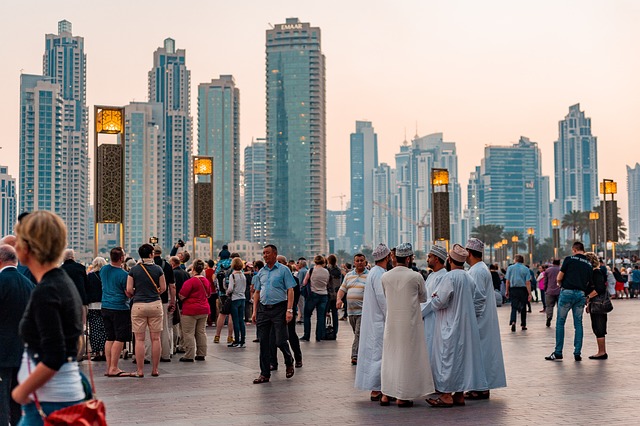
The growth of eco-tourism presents unique challenges for nature reserves, especially in bustling cities like Dubai. While the popularity of conservation tours and experiences is a positive step towards environmental awareness, it also demands careful planning to ensure sustainability. One of the primary considerations is managing visitor impact; too many visitors can disrupt wildlife habitats and disturb the delicate balance of these ecosystems.
In the case of Hatta Dubai Tour, for instance, responsible tourism practices should focus on minimizing infrastructure development, preserving natural landscapes, and promoting low-impact activities. This includes educating tourists about sustainable behavior, such as staying on designated trails to prevent habitat degradation and respecting wildlife viewing guidelines. Balancing the economic benefits of tourism with conservation goals is crucial for long-term ecological preservation.
Planning Your Eco-Adventure: Tips for Booking a Responsible Hatta, Dubai Tour

When planning an eco-tourism trip to nature reserves or conservation areas, such as a Hatta Dubai tour, it’s vital to choose responsibly. Start by selecting reputable tour operators who prioritize environmental sustainability and community involvement. Check if they adhere to ethical practices like minimizing waste, promoting local culture, and ensuring positive impacts on the environment. Read reviews from previous travelers to gauge their commitment to eco-friendly travel.
Before booking, inquire about the itinerary’s focus on conservation efforts and educational aspects. Engaging in conversations with your tour guide about the local ecosystem and preservation initiatives can enhance your experience. Additionally, consider choosing a time frame that aligns with peak seasons for wildlife viewing or floral bloom, ensuring an immersive and meaningful eco-adventure while contributing to the economic sustainability of these precious natural areas.
Eco-tourism, when responsibly managed, can be a powerful tool for conservation and community development. The case study of Hatta, Dubai, demonstrates how nature reserves can thrive as sustainable destinations, attracting visitors interested in wildlife and cultural experiences. A well-planned hatta dubai tour not only benefits the local economy but also contributes to the preservation of this unique ecosystem. By choosing eco-conscious travel options, tourists can play a vital role in ensuring the long-term viability of conservation efforts and the protection of natural wonders for future generations.
